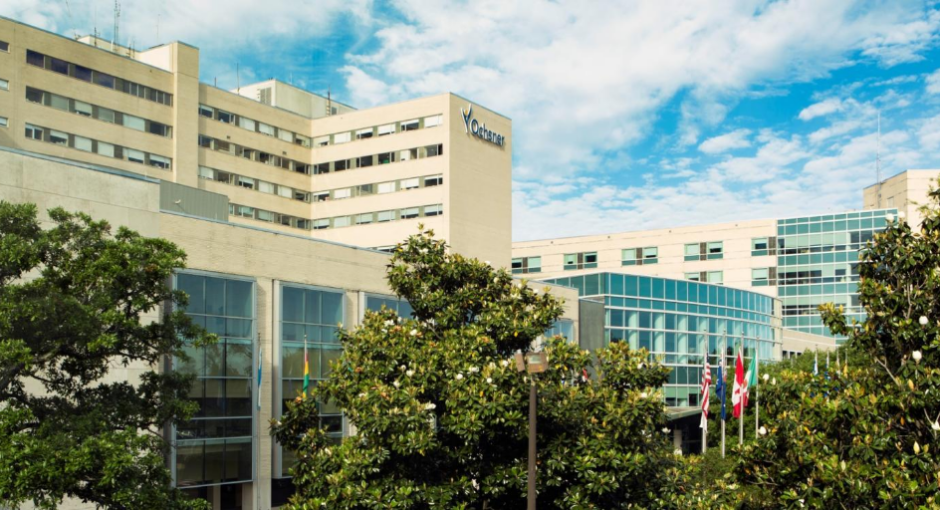Correction, Friday, Aug. 26, 2022, 3:00 p.m. EDT—The original version of this article mistakenly said the hospital plaintiffs’ complaint stated that HHS improperly based 2020 and 2021 Medicare Part B drug payment cuts for 340B hospitals on a survey of 340B hospitals’ 340B drug acquisition costs taken at the start of the COVID-19 pandemic. That was incorrect. The hospital plaintiffs’ complaint said HHS “affirmatively elected not to rely on survey data, even after the Secretary conducted a 340B drug pricing survey, albeit an invalid one, in 2020.”
Federal health officials must follow the U.S. Supreme Court’s clear directive and immediately raise the Medicare Part B reimbursement rate for 340B hospitals to remedy unlawful underpayments for 2018 through 2022, a group of 340B hospitals said in an Aug. 12 lawsuit filed in U.S. District Court for the District of Columbia.
“The Supreme Court decision conclusively confirms that the [Department of Health and Human Services] Secretary acted, and continues to act, unlawfully by paying less than an average sales price plus 6 percent for 340B drugs,” New Orleans-based Ochsner Medical Center and six other safety-net hospitals said in the complaint.
The Supreme Court ruled in June that HHS’s nearly 30% payment reduction to ASP minus 22.5% was contrary to statutory directive and beyond HHS’ authority for the years 2018-2019, but the hospitals want the payment cuts reversed for 2018 through 2022.
The lawsuit is the latest in a string of legal challenges to the Medicare Part B reimbursement cuts for 340B-purchased drugs and the sixth such suit filed by a group of individual hospitals.
“If you include all of the individual hospitals that sued HHS even before the Supreme Court decision, there are probably over 200 or so hospitals in that group. So these hospitals shouldn’t be viewed as outliers,” Andrew Ruskin, attorney for the latest group of plaintiffs, told 340B Report. Ruskin is a partner with the law firm K&L Gates.
The hospitals’ complaint noted that HHS wants to get public comment on potential remedies for the underpayments in past years since the Supreme Court was silent on that issue. However, that approach dodges the high court’s unequivocal mandate, the court filing alleges.
“CMS’s reference to ‘any potential remedies’ does not reflect an understanding of the unambiguous instruction it received from the Supreme Court to reconcile prior payments to the statutorily mandated reimbursement rate,” it said.
The hospitals’ complaint said the payment cuts effectively erased all or nearly all of the differential between Medicare’s Outpatient Prospective Payment System reimbursement rates and 340B drug discounts, and argued that slashing the payments for all five years were violations of both the 340B and Medicare statutes.
“This significant change in reimbursement has effectively made participation in the 340B Program punitive, at least as to Medicare beneficiary utilization of 340B drugs, as reimbursement no longer covers the full costs of the drugs, including carrying costs and 340B program compliance costs,” the complaint charged.
The plaintiffs asked the district court to:
- Declare that the Supreme Court’s decision applies to 340B drugs administered in hospital outpatient settings,
- Direct HHS to apply the ASP plus 6% rate for years 2018-2022
- Require HHS to reimburse hospitals for the difference between the ASP minus 22.5% and what the 340B reimbursements would have been at ASP plus 6%.
HHS can calculate Medicare Part B reimbursements on hospital acquisition costs for a drug, if supporting data are available, or alternatively, on average sales price, the complaint noted.
The American Hospital Association and other groups representing 340B hospitals spearheaded the policy battle with a lawsuit challenging the Medicare payment cuts for 2018-2019. The Supreme Court agreed to hear the case in July 2021. Five other claims brought by a total of 173 individual hospitals resumed in D.C. District Court in July, after those actions were stayed pending the Supreme Court’s decision.


